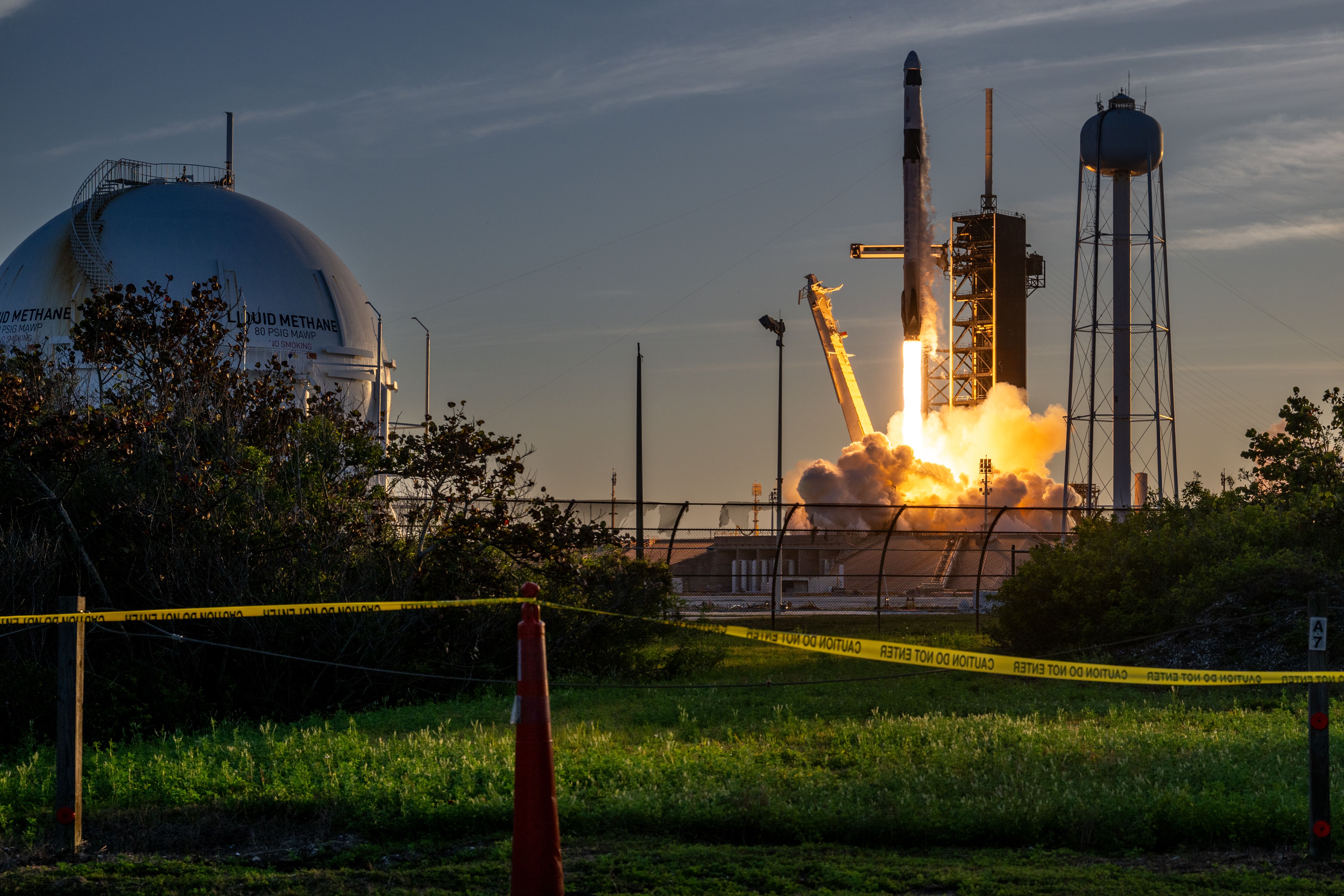The Climate Crisis Threatens Supply Chains. Manufacturers Hope AI Can Help
The Climate Crisis Threatens Supply Chains
The increasing climate crisis is posing a major threat to global supply chains. Extreme weather events, such as hurricanes, floods,…

The Climate Crisis Threatens Supply Chains
The increasing climate crisis is posing a major threat to global supply chains. Extreme weather events, such as hurricanes, floods, and wildfires, are becoming more frequent and disruptive, causing significant disruptions to manufacturing and distribution operations.
Manufacturers are now looking to artificial intelligence (AI) as a potential solution to help mitigate the impacts of climate change on their supply chains. AI technologies can help companies better predict and prepare for potential disruptions by analyzing vast amounts of data and identifying patterns and trends.
AI-powered predictive analytics can help businesses anticipate and respond to supply chain disruptions in real-time, allowing them to make faster and more informed decisions. This can help minimize the impact of disruptions and ensure that products reach customers on time.
AI can also help optimize supply chain operations by identifying inefficiencies and areas for improvement. By leveraging AI-powered tools, manufacturers can streamline their processes, reduce waste, and lower carbon emissions, contributing to a more sustainable supply chain.
Furthermore, AI can help companies develop more resilient supply chains by identifying alternative suppliers, transportation routes, and production facilities that are less vulnerable to climate-related disruptions.
Overall, manufacturers are increasingly turning to AI as a valuable tool to help them navigate the challenges posed by the climate crisis. By harnessing the power of AI, companies can build more agile, efficient, and sustainable supply chains that are better equipped to withstand the impacts of climate change.




